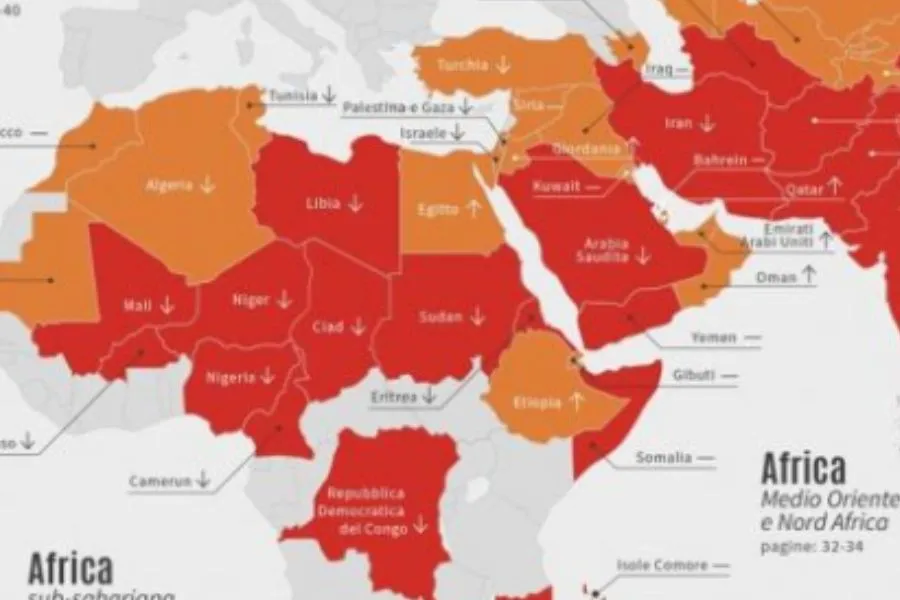Abuja, 28 June, 2023 / 9:20 pm (ACI Africa).
The passivity of Nigerian authorities amid systematic religious-based attacks have left many young Christians in Nigeria disillusioned and many may leave the West African country, a recent report by the Catholic Pontifical and Charity Foundation, Aid to the Church in Need (ACN) International, has shown.
In the Religious Freedom in the World Report 2023, ACN warns of a “mass exodus” of young Nigerian Christians who will be forced to leave their ancestral land in search of refuge elsewhere.
Maria Lozano, an official of ACN who participated in the editing of the report published on June 22, further foresees the spread of “the cancer of Islamist jihadism” to the rest of Northern Africa should the Nigerian authorities remain complacent about Christian persecution in the country.
“If the Nigerian authorities do not address the conflicts concerning land, ethnicity, criminality, and religious extremism, as well as the breakdown in democratic values and the equal rights of its citizens including religious freedom, the cancer of Islamist jihadism and political disintegration evident in the northern half of Africa will spread,” Ms. Lozano says in the report.
She adds, “The socio-political pressure and unabated atrocities will provoke an exodus of young Christians seeing neither hope nor future in the land of the forefathers.”








